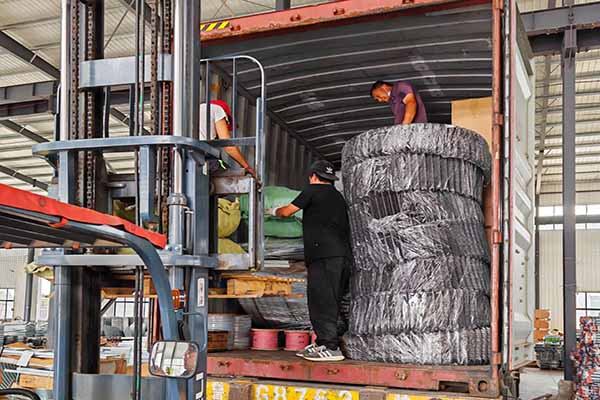The Impact of Humidity Control on Chicken Growth in Tanzania Chicken Farms
Time : 2025-04-25
In the heart of Tanzania, where the sun beats down fiercely and the landscape is a tapestry of vibrant colors, chicken farming has become a cornerstone of rural livelihoods. One of the most critical factors affecting the success of chicken farms in this region is humidity control. Let’s dive into how managing humidity can significantly impact chicken growth and the overall productivity of Tanzania’s chicken farms.
Understanding Humidity and Chicken Growth
Humidity, simply put, is the amount of water vapor present in the air. In Tanzania, with its tropical climate, humidity levels can soar, reaching upwards of 80% during the rainy season. For chicken farmers, this high humidity can be a double-edged sword. On one hand, it can lead to healthier birds, as they are naturally adapted to warm, moist environments. On the other hand, it can create an environment ripe for disease and poor growth.
The Dangers of High Humidity
High humidity can lead to several issues in chicken farms:
1. Disease Outbreaks: Humidity creates a perfect breeding ground for bacteria, viruses, and fungi. These pathogens can lead to respiratory infections, coccidiosis, and other diseases that can decimate a flock.
2. Poor Growth Rates: When chickens are exposed to high humidity, their body temperature regulation can be affected. This can lead to slower growth rates and reduced feed conversion efficiency.
3. Mold and Mildew: High humidity can cause mold and mildew to grow on feed and bedding, which can be harmful to the chickens if ingested.
The Benefits of Humidity Control
By controlling humidity levels, chicken farmers in Tanzania can reap numerous benefits:
1. Reduced Disease Incidence: Maintaining optimal humidity levels can significantly reduce the risk of disease outbreaks, leading to healthier birds and lower veterinary costs.
2. Improved Growth Rates: Humidity control helps chickens maintain a stable body temperature, which in turn leads to better growth rates and feed conversion efficiency.
3. Enhanced Egg Production: Humidity control is crucial for maintaining egg production. High humidity can lead to reduced egg size and quality, while controlled humidity can ensure consistent egg production.
Implementing Humidity Control Measures
So, how can Tanzania’s chicken farmers implement effective humidity control measures? Here are some practical tips:
1. Ventilation: Proper ventilation is key to controlling humidity. Ensure that your chicken coop has adequate ventilation to allow for air exchange without letting in too much moisture.
2. Dehumidifiers: Investing in dehumidifiers can be a game-changer. These devices remove excess moisture from the air, helping to maintain a stable humidity level.
3. Insulation: Insulating your chicken coop can prevent moisture from condensing on the walls and ceilings, which can lead to mold growth.
4. Monitoring: Regularly monitor humidity levels using a hygrometer. Keeping tabs on these levels allows you to make timely adjustments to maintain optimal conditions.
Case Study: A Successful Humidity-Controlled Chicken Farm
Let’s take a look at a real-life example of a chicken farm in Tanzania that has successfully implemented humidity control measures.
Farm Name: Ndelele Chicken Coop
Location: Arusha, Tanzania
Before Humidity Control: The farm experienced frequent disease outbreaks and poor growth rates. Egg production was also inconsistent.
After Humidity Control: By installing dehumidifiers, ensuring proper ventilation, and regularly monitoring humidity levels, the farm saw a dramatic improvement. Disease outbreaks decreased by 50%, growth rates improved by 20%, and egg production stabilized.
Conclusion
Humidity control is a vital aspect of chicken farming in Tanzania. By managing humidity levels effectively, farmers can reduce disease risks, improve growth rates, and enhance egg production. It’s a win-win situation for both the chickens and the farmers. So, if you’re a chicken farmer in Tanzania, don’t overlook the importance of humidity control. It could be the key to the success of your farm.
Tags












